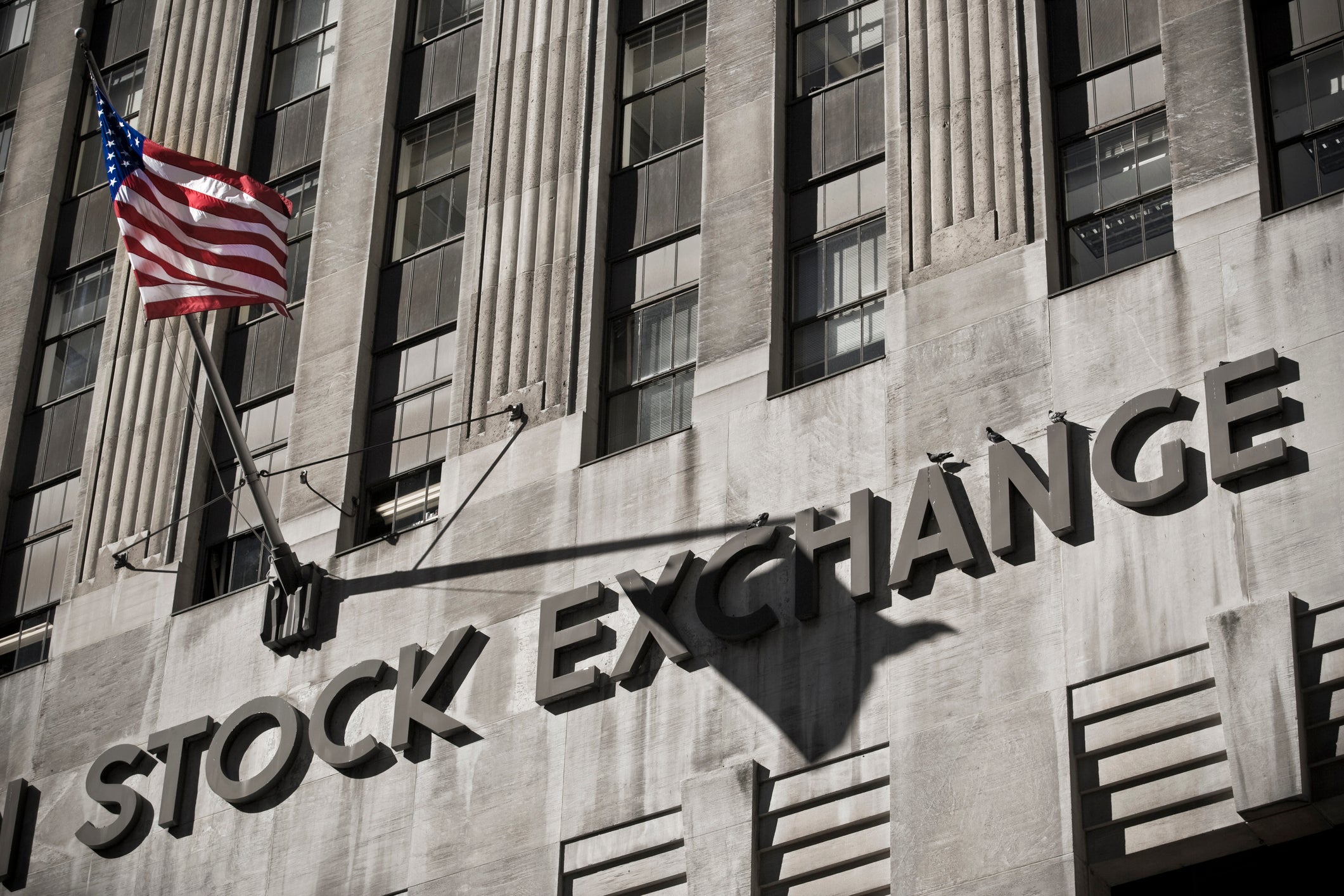Something significant is happening in the financial markets – what are they trying to tell us?
You could characterise the present mood as saying, whatever happens in the next few months, big business will prosper. But that is not the whole story, writes Hamish McRae


Something huge is happening in financial markets but, as always when we are in the middle of some seismic shift, it is not quite clear what it is.
Consider this. Last week saw a new all-time high in share prices in the most important market of all: Wall Street. The S&P 500 index of the largest companies in the US closed above 4,000. In April 2016, it was just over 2,000. So it has doubled in five years.
But while the US economy has grown decently, it has not doubled, even if the value of US companies is the highest, relative to the nation’s GDP, for at least half a century. The US is experiencing a strong recovery. But are its prospects really better than at any time in the past 50 years?
Now look at continental Europe. The current assessments are pretty glum for Germany and France, with the lockdowns tightening. But the DAX, the Frankfurt index of largest German companies, hit an all-time high last week. And the CAC, the equivalent index for French companies, was also at an all-time high.
The odd one out is the UK, for the FTSE 100 index at 6,737 is still more than 1,000 points below its peak in May 2018. That has something to do with the negative perceptions of the UK. These will take some time to fade, but meanwhile they create a great buying opportunity, for London shares offer better value than those on other major markets.
So what are the markets, in their usual incoherent, stumbling way, trying to tell us? I suppose you could characterise the present mood as saying, whatever happens in the next few months, big business will prosper. There will be a rip-roaring boom through the summer and autumn, propelled by low interest rates, pent-up demand for goods and services, and more government spending on top.
However, that is a big company story. There is a quite different picture when you look at what has been happening to other, less mainstream markets. There are several elements to this. There has been an absolute avalanche of new issues in the US, raising some $90bn (£65bn) from investors in the first quarter of this year. (Remember how young Goldman Sachs staff have been forced to work horrendous hours to meet this surge in business?)
This trend has been associated with the surge in Spacs, special purpose acquisition companies. These are quoted companies raising money from investors with the intention simply to merge with, or buy, another company. That idea has been around for a while, but hit a peak at the beginning of this year. Over the past few weeks, however, the drive behind Spacs seems to have weakened. Prices have trimmed back.
Something similar has been happening in retail share markets. There have been extraordinary gyrations in the price of small companies that catch the imagination of retail investors, who pick up some idea via Reddit and trade on Robinhood. The shares of tiny companies have shot up, then flopped back when the fashion fades. Wall Street professionals see some kind of reckoning looming.
Read more:
Thus while the bull market in big company shares has remained intact, there is a sense in the more fringe markets that the froth so evident in the US is starting to be blown away. Anyone who has lived through the end of a few bull markets knows the feeling as the party winds down. Soon it will be time to go home. But because some parts of the party – for example, those shares on the S&P 500 index – are still swinging, maybe it is a bit early to leave.
My feeling is this: the combination of the flood of money that the central banks have created and the claustrophobia of lockdown have created an unreal atmosphere that has flowed across financial markets. There is a lot of money about and a lot of frustration. This has shown itself in different countries in different ways. In the US, inexperienced investors have found they can make money, or lose it, sitting in their apartments. In Britain, people have combed through properties outside London and put down a deposit on that cottage in Yorkshire sight unseen – unless someone else has got there first.
Other people, perhaps wiser, reckon that solid companies that have good earnings are worth buying, while new ones, such as Deliveroo, that have never made a profit and rely on gig labour, are not. If that is right, that Deliveroo botched share sale last week was a sign of the froth being blown away, with UK investors showing some common sense, rather than buying into the hype of the investment bankers that overpriced the issue.
More broadly, if what is happening is simply a return to common sense investment, then maybe the world will scramble clear of these frothy markets without too much damage to the real economy. Fingers crossed.
Join our commenting forum
Join thought-provoking conversations, follow other Independent readers and see their replies
Comments